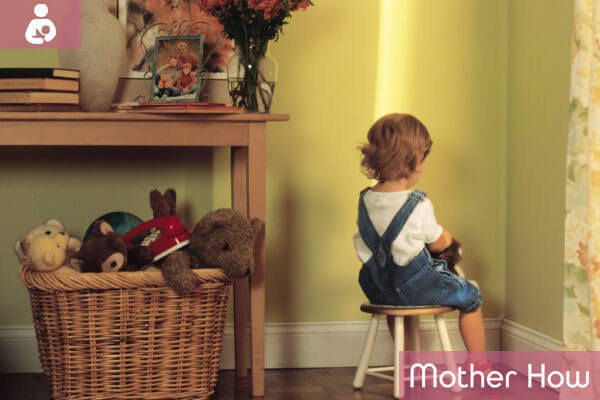One of the aspects of education in the family is discipline. Parents teach the baby what is good, and what is bad. The process of education and assistance that adults can provide to the child in his development has been repeatedly investigated in developmental psychology. Many psychologists and scientists work directly with families where there are difficult children. They try to show parents how to handle such a “problem”.
Discipline and Punishment
In recent years, during the educational process, there was the most heated debate on forms of punishment. Most of these disputes referred to physical punishment, such as “Whether it is necessary to spank children?”. According to the development of applied psychology, punishment is rather an inefficient way to control the child’s behavior.

Since the sole purpose of punishment is to suppress undesirable behavior. Such behavior usually goes from a particular offense. At the same time, there is no guarantee that a child is punished, for one thing, do not go and do not want to do something else. As a result, parents, who control the behavior of the child through punishment, are sometimes themselves caught in a vicious circle of punishments and penalties.
They involve in it their child and risk getting a downtrodden being, filled with all sorts of fears. Moreover, a child may turn to an aggressive kid, snarling in response to any innocent remark.
Alternatively, psychologists propose to get out of the punishment trap, at least in regard to the everyday child’s behavior. Parents may obtain a much greater effect carefully praising the child for good behavior. Do not criticize him for each omission! Then the education goes from the positive perception. Moreover, those parents, who resort to punishment, have difficulty moving from punishment to praise.
Discipline and Encouragement
Encouragement does not mean that the child should get money or sweets. The biggest encouragement is simple attention. In reality, many children begin to misbehave because it is the only way to attract the parents’ attention. Therefore one of the psychologist’s tasks is to teach parents to express their approval.

It seems to be obvious, and some parents do it without thinking. But parents, whose attention is constantly busy can be very difficult to retrain. However, they need to realize and recognize the necessity of additional efforts. Encouragement does not negate everyday discipline. Children need to understand the boundaries. In the end, they learn self-discipline. But parents in their turn should demonstrate sufficient strength in what is acceptable, and what is not.
The simplest analogy – is physical training. Meeting and overcoming resistance, the body’s muscles become stronger. Babies, especially toddlers, are extremely self-willed. Many of them, in the case of the slightest discontent, go in for dramatics. They scream, twitch their legs. Perhaps, all the parents have passed through it. But in this case, the concession will only harm the child.
Parents should be firm and resist such a child’s “pressing”. It is not cruelty, but “the first aid” to remove the attack of persistency, thanks to which the child is becoming more socially “literate”.
To teach such “literacy” fast is much more difficult. Many parents have recourse to psychologists, who explain how to cope with wayward children without resorting to physical punishment. In recent years, parents often use such techniques as a time-out in the next room, because of their effectiveness. Many parents prefer to somehow distract the child. But remember that necessary application to any method is persistence and determination to resist the manifestations of children’s hysterical stubbornness.

Born in Belarus, 1985, a pedagogue and family psychologist, mother. Taking part in procedures of social adaptation of the foster children in new families. Since 2015 is a chief editor of the motherhow.com project, selecting the best and up-to-date material for those, who are planning, expecting, and already having babies.

